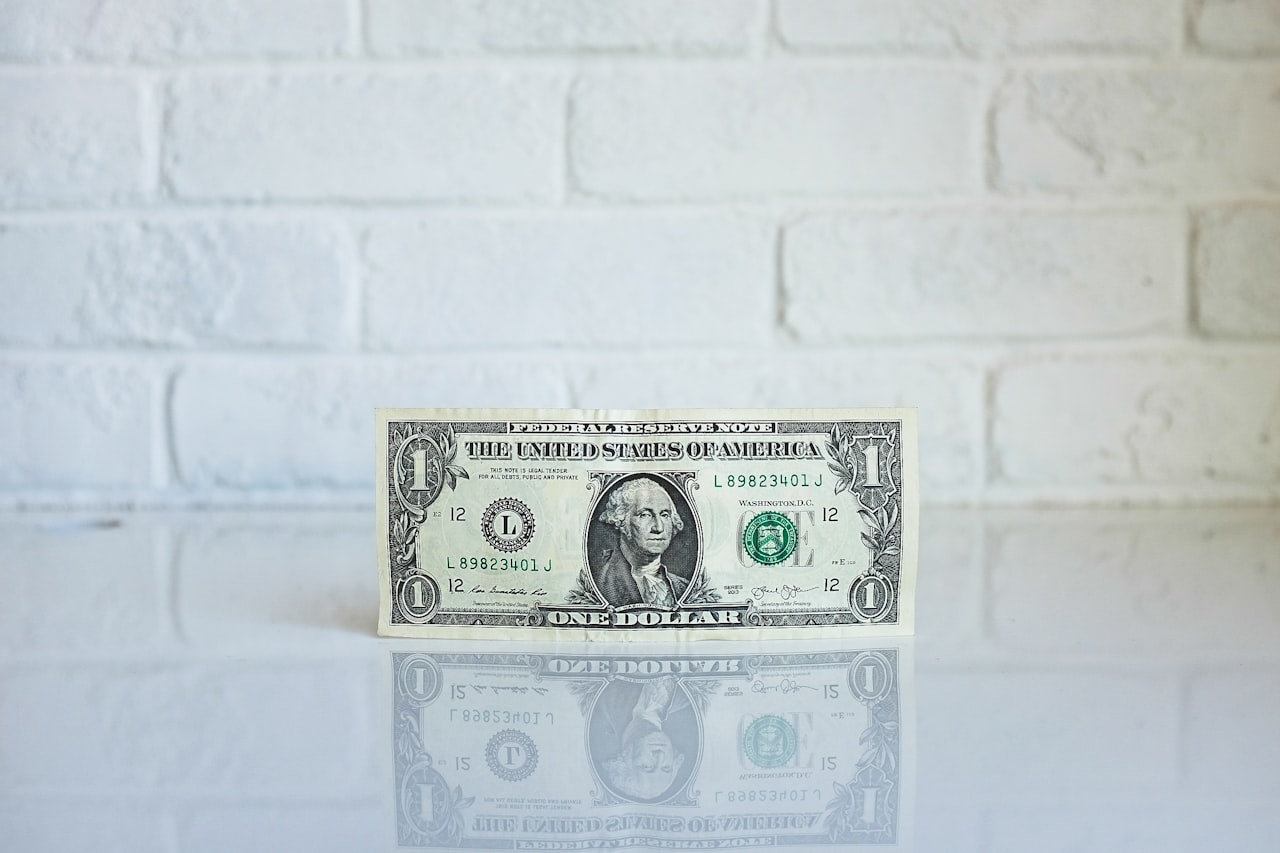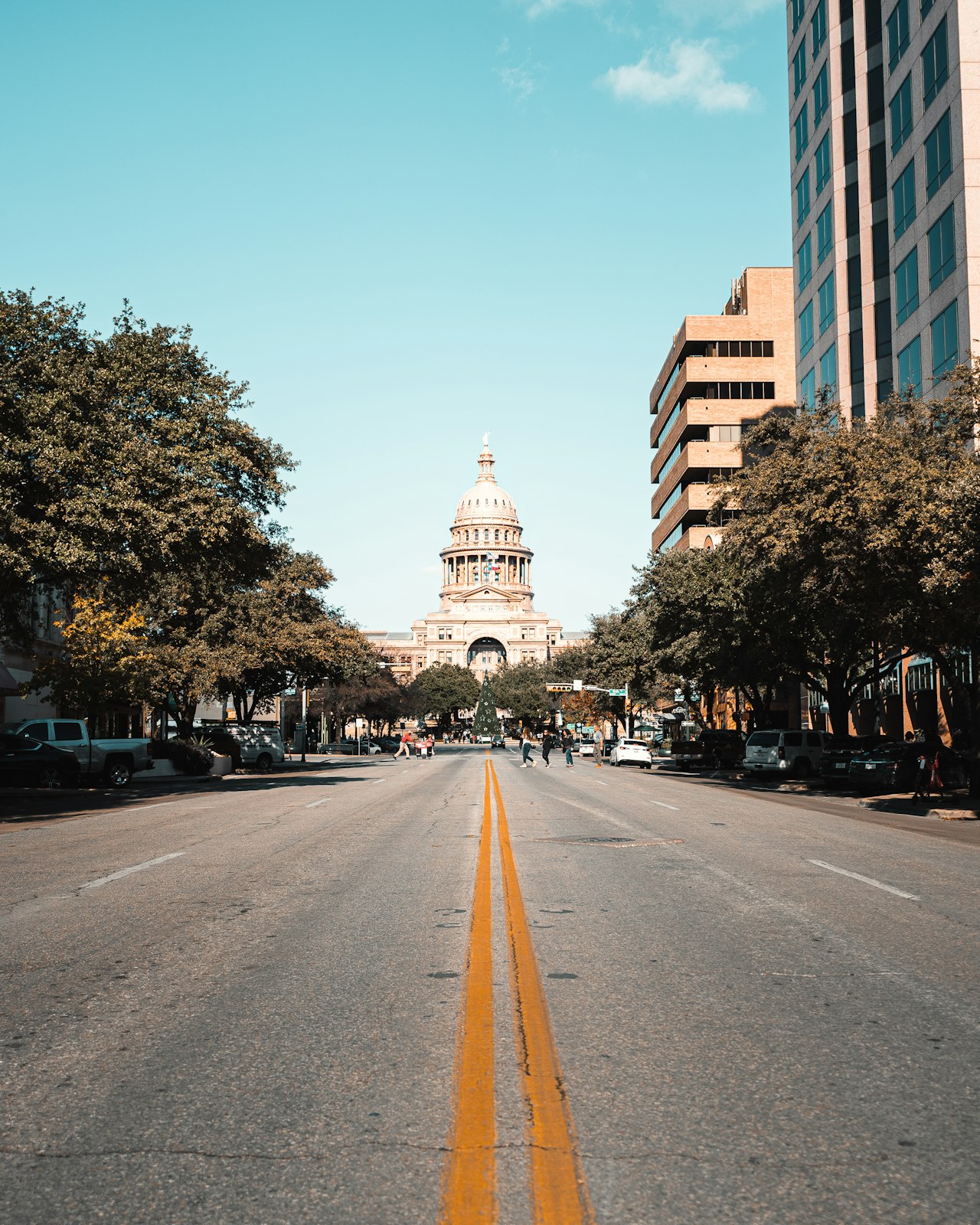Is Austin Recession-Proof?
Living in Austin

Living in Austin

Since 2020, the American economy has been on a bit of a roller coaster ride. Some blame the pandemic, while others blame supply-chain disruptions, a war in the Ukraine, disagreements over energy usage, labor shortages, and numerous other issues. Either way, it seems that there is one city that hasn't been affected as much as many others: Austin, Texas.
Just under a million people currently live in Austin, and that number is on the rise. Many companies, particularly tech companies, are moving their headquarters here or opening up offices in the area. Jobs are plentiful. The unemployment rate is much lower than the national average. The cost of living is reasonable, and taxes are low. As a matter of fact, Texas doesn't even have a state income tax. But is all of this enough?
Let's take a look at whether or not Austin is recession-proof.
There has been a lot of debate about the exact definition of a recession lately and whether we are in one. Investopedia describes the term as "a significant, widespread, and prolonged downturn in economic activity." Typically, employment rates, consumer spending, and economic output drop while government spending and the need for social programs rise. Recessions can last for a few months or a few years, but it may take much longer for the economy to fully recover.
That said, there is no specific formula in place to determine when we are in a recession. In 2022, there have been some indicators that point to the United States being in a recession while others don't.
Over the last few years, Austin has consistently made various lists of recession-proof cities. As a matter of fact, it's often one of the largest cities to earn the label that is usually awarded to cities with 250,000 people or less.
These lists and rankings often take a look at metrics like employment rates, housing, and social assistance. That might mean looking at current unemployment rates and/or looking at how the city's unemployment rates during the last major recession. It might also include looking at housing costs compared to current incomes, as well as the number of people who rely on social assistance. Of course, each organization uses its own metrics, but often, Austin comes out on top compared to other cities of its size in other parts of the nation, and Texas in general is often considered to be a recession-proof state.
In general recession-proof cities tend to have:
As someone who is thinking about moving to Austin, you may be wondering about the real estate market during a recession. In general, housing prices tend to fall during economic downturns — after all, a recession usually impacts all industries.
There are multiple reasons why prices fall. People who lose jobs can no longer afford the homes in which they live. This means there's usually a surplus in homes available, which can lead to a great buyer's market, but buyers may not be looking due to the recession's impact on their own financial lives. Houses stay on the market longer because there's less competition, so in order to avoid foreclosure or move on with their plans, sellers must lower their prices.
But this isn't always the case, and even when it is, it's not always a bad thing for everyone. Recessions can bring inflated housing markets back down to earth and attract new people to a city. This can be great for long-term investments too. Your house is less likely to devalue over time when you buy during a recession.
Unfortunately, there is no one-size-fits-all answer to this. Investing in real estate during a recession can be a great opportunity for many people, while it can be a disaster for others. Lenders tend to be stricter during a recession, so unless you plan to pay cash for your new home, you'll have to ensure you're a good candidate. But if you are a good candidate with a stable job and a decent down payment ready, it might be a great time to score a good deal due to lower prices and less competition.
Many economists predict another recession in 2023, and while Austin is considered a recession-proof city, everyone's financial situation is unique. Working with a trusted realtor can help you decide if the time is right to buy or sell and what you need to do to make that happen. If you're ready to talk about Austin real estate, contact me, realtor Heather Burke, at (512) 434-9004 or [email protected].
Stay up to date on the latest real estate trends.

Selling
When you're ready to sell your home, working with a real estate agent is the best way to go. But before you choose an agent, you'll need to ask a few questions.

Moving to Austin
Thinking about relocating to Austin soon? You've made a good choice. Here are 10 things you need to know about life in this growing Texas city.

Moving to Austin
Austin is a great city for first-time home buyers. If you're looking for your first home, these tips will help you avoid making any major mistakes.

Things to Do in Austin
Looking for a fun way to celebrate the holiday season in Austin this year? Here's a list of exciting Christmas and holiday activities for all ages.

Living in Austin
Austin is considered a recession-proof city due to its strong economy, jobs, and real estate market. Does that mean the time is right to buy or sell your home?

Moving to Austin
A strong economy, steady job growth, accolades, and rising rents are just a few of the reasons why buying a home in Austin is a good investment right now.

Moving to Austin
People are moving to Austin from Dallas, Houston, San Antonio, New York, Los Angeles, and the Bay Area. Find out why and whether the city is right for you too.

Moving to Austin
Deciding whether to buy or rent a home in Austin, Texas, is a big decision. Both options have their pros and cons, and a trusted real estate agent can help.

Things to Do in Austin
The food scene in Austin is diverse and delicious. You can find a great meal in almost every neighborhood, but here are some of the best restaurants in Austin.
Heather is well aware of how challenging a move to a new city can be and enjoys helping new residents get established and find their happy place in Austin. Contact Heather today!